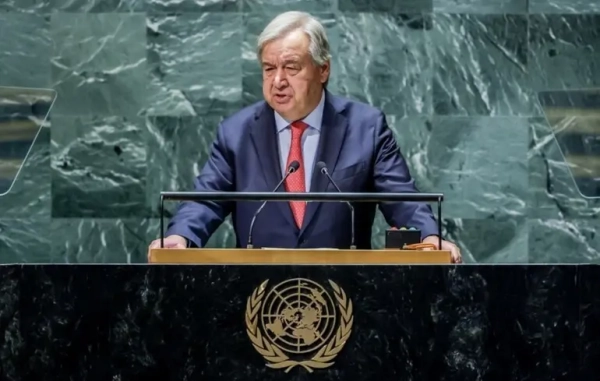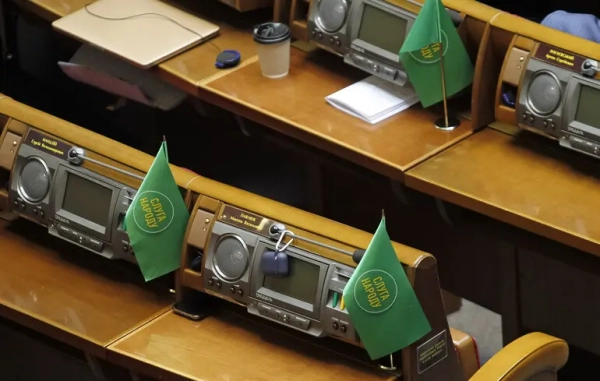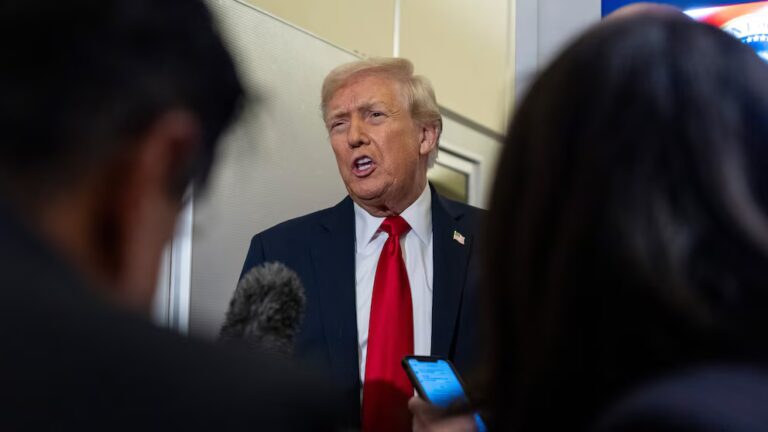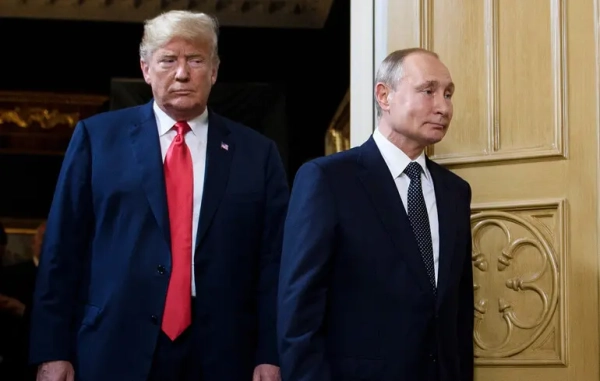
© EPA-EFE/JUSTIN LANE Lack of accountability for offenses targeting journalists signifies the suppression of free expression globally.
Today marks the International Day to End Impunity for Crimes against Journalists. UN Secretary-General António Guterres has urged an end to the impunity for killings and harassment of journalists. In his address to the global community, he emphasized that media professionals across the globe are encountering escalating perils as they seek the truth, which includes verbal attacks, legal threats, physical violence, imprisonment, and even acts of torture. Some are even losing their lives.
The declaration was released on the UN website on November 2.
“On this International Day to End Impunity for Crimes against Journalists, we seek justice,” proclaimed the UN Secretary-General on November 2, advocating for impartial and autonomous investigations, pointing out that globally, almost nine out of ten journalist murders remain unresolved.
“Impunity anywhere is not just an injustice to the affected individuals and their kin, it constitutes an assault on press freedom, a catalyst for further violence, and a peril to democracy itself. Governments worldwide must probe each instance, hold every offender liable, and assure that journalists can execute their duties freely everywhere,” Guterres added.
He particularly underscored the necessity to tackle the alarming surge in online aggression directed at female journalists, which largely goes unpunished and frequently leads to tangible harm in the physical world.
“Digital domains must be secure for those who assemble and disseminate information. When journalists are silenced, we all suffer the consequences,” the UN Secretary-General emphasized and advocated for the safeguarding of press freedom and those who dare to speak truth to power.
Guterres' statement occurs amidst a substantial count of offenses against journalists around the world, notably when they are carrying out their professional responsibilities in areas experiencing armed conflicts and hostilities. Working in peaceful environments isn’t easier either, because the authorities, which journalists critique, take every opportunity to curtail access to information: reject requests to visit governmental organizations, conceal vital documents, and so on.
A recent report on freedom of expression by the human rights organization Article 19 indicates that over half of the world’s population cannot freely express their viewpoints.
Methods of influencing media outlets can be employed through legislation that restricts freedom of expression, such as laws targeting “false information” or “protection of honor and reputation,” which can be utilized to prosecute journalists.






